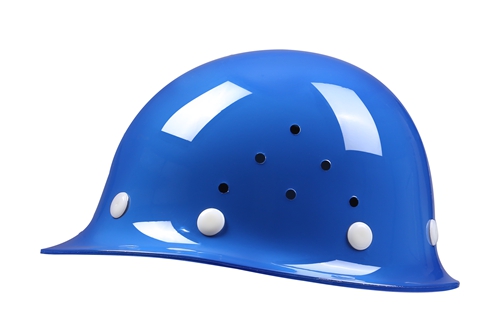Latest Trends and Pricing of Safety Helmets in India for 2023
The Price of Safety Helmets in India An Overview
Safety helmets are essential personal protective equipment (PPE) designed to protect the head from injuries due to falling objects, collisions, and other workplace hazards. In India, the demand for safety helmets has surged in recent years, owing to increased awareness of workplace safety regulations and the growing construction and manufacturing sectors. This article explores the various factors affecting the price of safety helmets in India, the types available in the market, and the importance of investing in quality gear.
Understanding Safety Helmet Prices
The price of safety helmets in India varies widely depending on several factors, including the material used, design, brand, and certification standards. On average, basic safety helmets can range from INR 200 to INR 1,000, while high-end models that offer additional features or comply with international safety standards may cost between INR 1,000 and INR 3,000.
1. Material Safety helmets are generally made from materials such as high-density polyethylene (HDPE), polycarbonate, or fiberglass. HDPE helmets, often more affordable, are lightweight and provide decent protection. On the other hand, polycarbonate helmets are usually pricier but offer superior impact resistance and have a longer lifespan.
2. Design and Features Helmets come in various designs tailored for specific applications, including construction, manufacturing, or chemical handling. Some advanced models feature additional accessories, such as face shields, earmuffs, and ventilation systems, which can significantly influence the price.
3. Brand and Certification Well-established brands that meet international safety standards—like ISI (Indian Standards Institute) certification—often demand higher prices. Investing in helmets from reputable manufacturers is crucial, as these products are more likely to meet safety requirements and withstand extreme conditions.
The Importance of Quality Helmets
safety helmet price in india

While budget constraints may tempt buyers to opt for lower-priced options, investing in quality safety helmets is paramount. A helmet that does not meet safety standards may compromise the wearer’s protection, leading to severe injuries or fatalities in the event of an accident.
Quality helmets undergo rigorous testing to ensure they can absorb impacts and provide adequate protection from electrical hazards. They also come with durability claims, which enhance their value over time. Companies that prioritize employee safety often mandate the use of certified helmets, helping to cultivate a culture of safety within their workforce.
The Growing Market for Safety Helmets in India
The Indian market for safety helmets is witnessing robust growth, primarily driven by the expansion of industries such as construction, manufacturing, and oil and gas. The government’s initiatives to promote occupational safety and health standards have also contributed to the increased adoption of safety helmets in workplaces. The rising number of construction projects, both urban and rural, has led to a heightened focus on worker safety, resulting in higher demand for protective gear.
Moreover, the emergence of online platforms has facilitated easier access to a variety of safety helmets, enabling consumers to compare prices and features conveniently. As awareness around safety increases, businesses and individuals are likely to prioritize quality gear over cost, solidifying the safety helmet industry’s growth trajectory.
Conclusion
The price of safety helmets in India is influenced by multiple factors, including material, design, brand reputation, and compliance with safety standards. While a wide range of prices exists, it is crucial for consumers to consider the protective capabilities of the helmets they choose. As safety regulations become stricter and workplace awareness grows, investing in high-quality safety helmets will not only save lives but also contribute to a safer working environment. In this evolving landscape, the emphasis on safety gear is more important than ever, ensuring that every worker returns home safely at the end of the day.
-
Buy Safety Helmet Malaysia – Affordable Construction & Tanizawa Helmets
NewsJul.08,2025
-
Safety Helmet with Umbrella – Affordable & Custom OEM Options from China Manufacturer
NewsJul.08,2025
-
Different Kinds of Safety Helmet OEM & Cheap China Safety Helmets Supplier
NewsJul.07,2025
-
High-Quality Halo Safety Helmet – Affordable OEM & China Manufacturer Options
NewsJul.07,2025
-
Aline Class A Yellow Safety Helmet - Affordable OEM China Supplier & Bulk Deals
NewsJul.06,2025
-
Best McDonald Safety Helmet - Cheap OEM China Supplier for High-Quality Protection
NewsJul.06,2025
